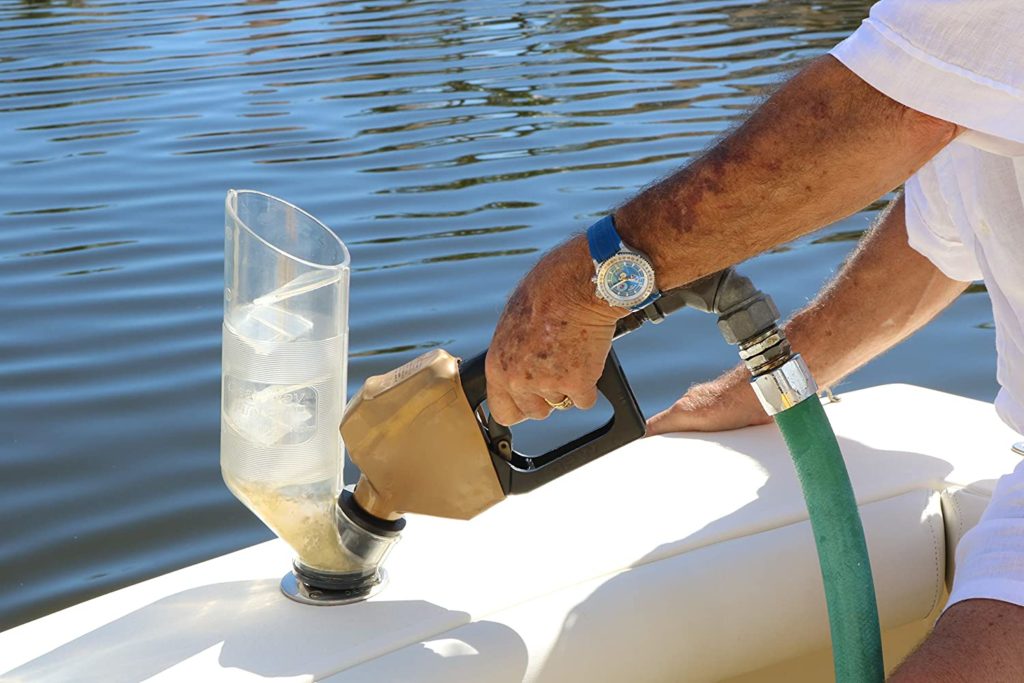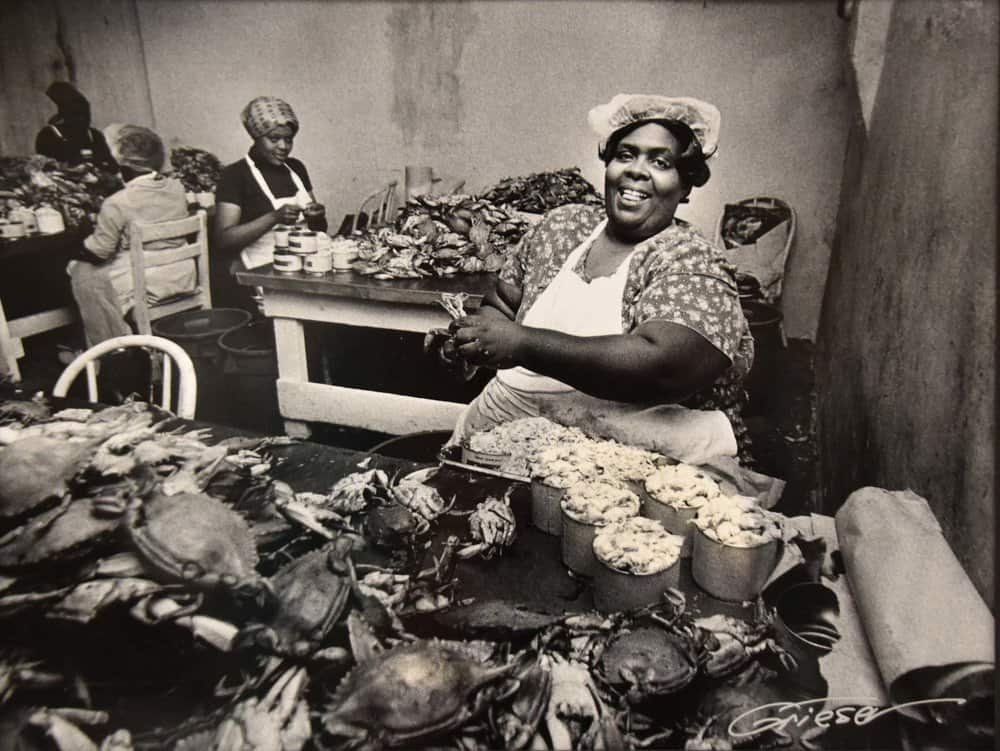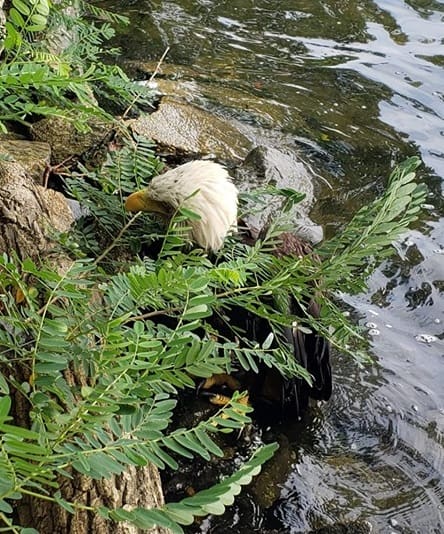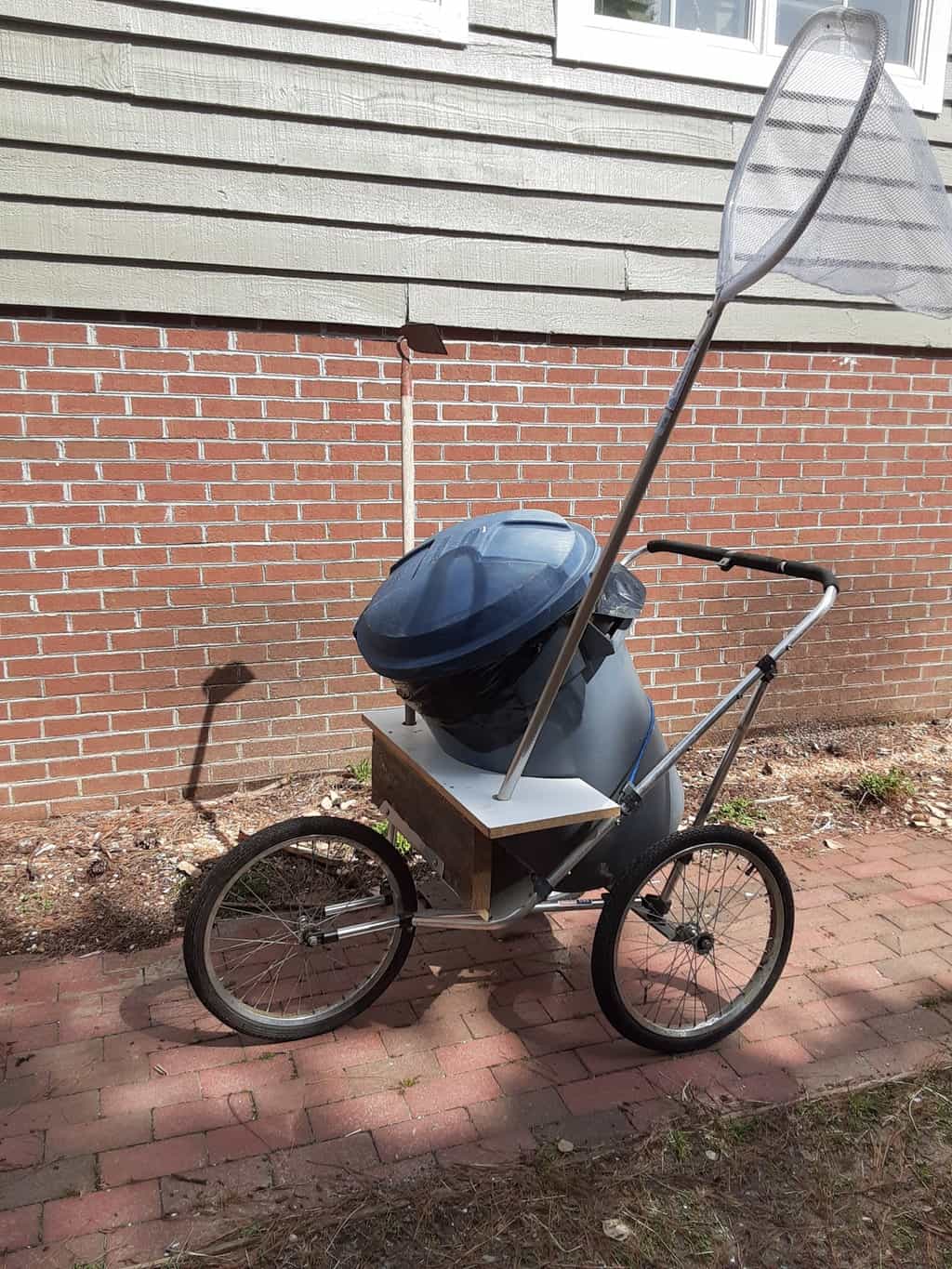Ever wonder where the funds from all those Virginia Friend of the Chesapeake vehicle license plates go? They end up in Virginia’s Chesapeake Bay Restoration Fund, which annually disburses several hundred thousand dollars statewide for clean water, habitat restoration, and education programs. And one of those programs doesn’t just keep the water clean, it can also save boaters from hassles at the fuel dock.
This spring, 100 certified Virginia Clean Marinas will begin using a device at all fuel docks to prevent fuel spills into local waterways. Each marina will receive three Clean Way Fuel Fill Kits, one for each fuel port size, thanks to grant funding from the Bay Restoration Fund.
The ingenious Clean Way Fuel Fill Kits come from the inventive mind of a South Florida boater who got frustrated when filling the tank on a new boat because a high-speed fuel pump caused the tank to “burp” fuel overboard, as well as all over the boat’s washboard and him. He worked for a year to develop the device, a clear plastic cylinder with a side opening for a fuel pump nozzle at the base and baffles in the cylinder above to deflect burped fuel back down into the boat’s tank.
The kit includes an assortment of tight-fitting rubber collars so the cylinder’s base fits tightly into the boat’s deck fitting and the nozzle fits tightly into the fill opening. The device eliminates chronic fuel dock spills at the source instead of requiring the facility to stock bilge pads and spill kits for after-the-fact cleanup. You can watch a short video of a Clean Way at work here.
The staffs at all the participating marinas received training on using the Clean Way kits, including how to adapt them to the various deck fittings on their customers’ boats.
The Commonwealth’s General Assembly established Virginia’s Chesapeake Bay Restoration Fund by law in 1992, and it has given out nearly $7 million in grants since then. The Clean Way kits will be just one of many efforts by Virginia certified marinas to reduce or eliminate their impacts on water quality. Learn more by reading the Spring 2022 issue of the Clean Marina Program’s Smart Harbors newsletter, including information on how individuals and families can become Virginia Clean Boaters.
-John Page Williams




